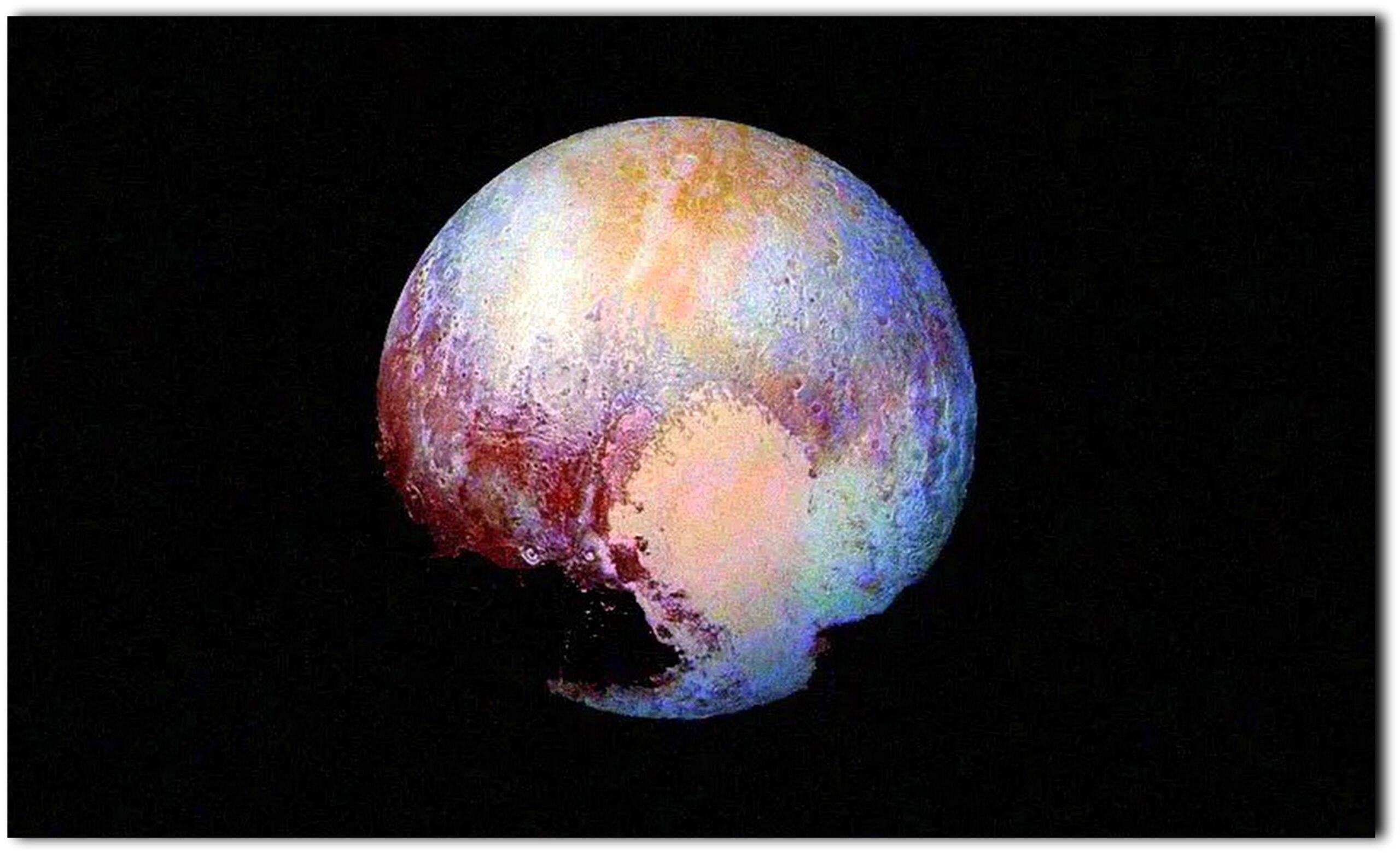
John Michael Greer discusses his book The Twilight of Pluto: Astrology and the Rise and Fall of Planetary Influences
(Stream / download audio at bottom of page)
Recent research in astrology has shown that the discovery of a new planet correlates with the emergence of a new set of influences in individual and collective life. As Greer reveals, the opposite is also true: the demotion of a planet correlates with the decline of a set of influences. Exploring the waxing and waning of planetary influences in astrology, Greer explains in detail how the demotion or proved non-existence of a planet marks the beginning of a roughly 30-year period in which that planet’s influence fades out. He examines several examples of planet demotion, including Ceres, whose influence began to take shape some 30 years before its discovery in 1801 and gradually faded over the three decades following its demotion in the 1850s.
Examining Pluto’s astrological influence in depth, from the beginning of the search for ‘Planet X’ in 1900 to the end of its influence in 2036, the author shows how during the Plutonian era the concept of cosmos – from the ancient Greek meaning “that which is beautifully ordered” – was in eclipse. Pluto’s influence led to the rejection of unity, beauty, and order, exemplified through the splitting of the atom by physicists, the splitting of the individual into conscious and subconscious halves by psychoanalysts, and the splitting of the world into warring camps by politicians. Offering an essential guide not only to the astrology of the future but also to the twilight of the Plutonian era, Greer shows how as Pluto’s influence fades out in the years ahead, a great many disruptive phenomena of the recent past will fade with it.
Previous interviews with John Michael Greer
Bumper music: Cliff Martinez ‘Traffic OST’
Havdis ‘The Strange Sighting at Søftan’

2 comments
About space exploration. I watched the recent documentary about the moon landing with my friend who’s really into space and the Spacex objective to go to Mars.
What struck me is the footage of the 60’s is that it looked more ¨modern¨. Maybe not futuristic but more …… it’s hard to find a word. We have great technology but our 2022 world doesn’t look advance. If that makes sense. As if the future of the 60’s took a bad turn…and well, it did.
The other thing that bugged me is that the original space program seemed genuinely a work of humanity working together. Cheesy as it sounds, it did look like that and it gave a better feeling about the future then what’s going on today. Now the focus is all on one (and the others) billionaires who are given all the credit and admiration of a work that’s, obviously, only possible by the cooperation of vast number of people.
Anyway Spacex is kinda like retro synth. It’s cool and all but it’s been done before and back then it was original.
@1:05 If the United States was a person it would be a boomer singing’Glory Days “ at a bar while a Generation X is waiting for the guy to finally leave so he can play Depeche Mode ,once the boomer leaves Generation X looks at the cue on the jukebox,only to see the Boomer has feed every last quarter into it repeating Glory Days.
Leave a Reply
You must be logged in to post a comment.